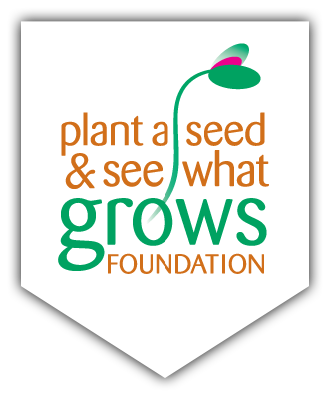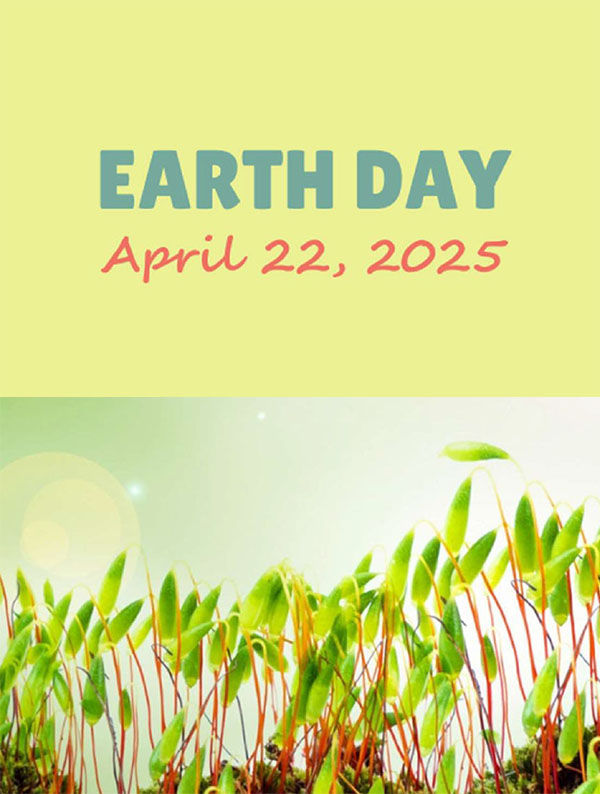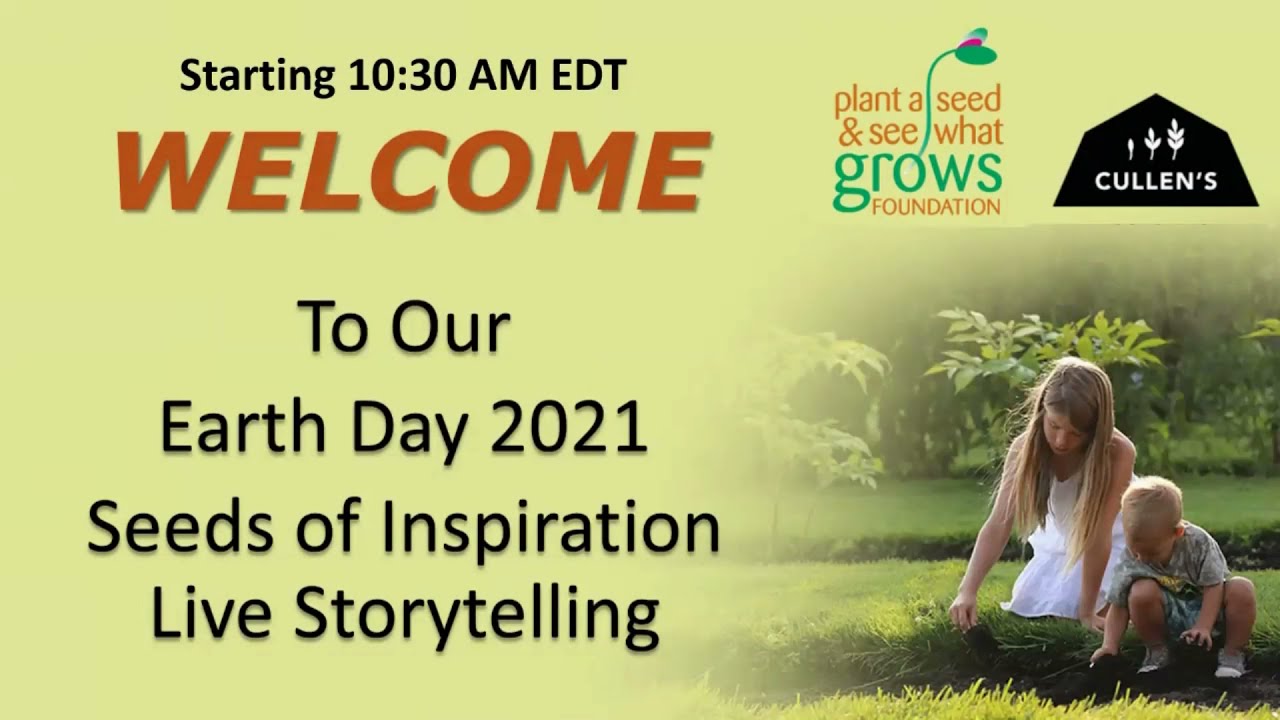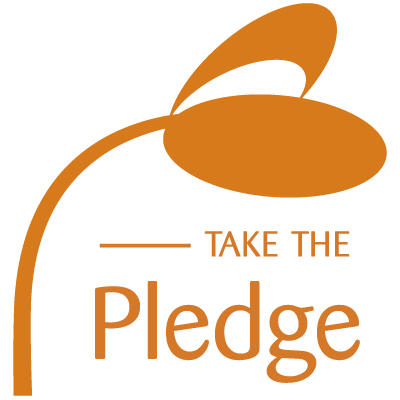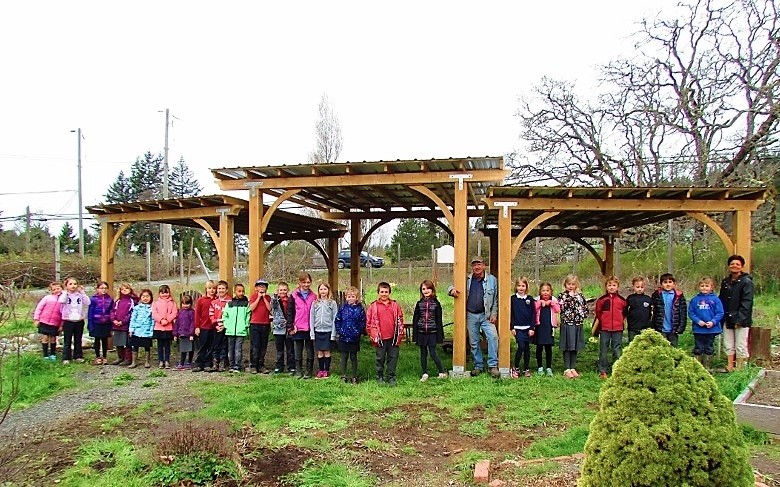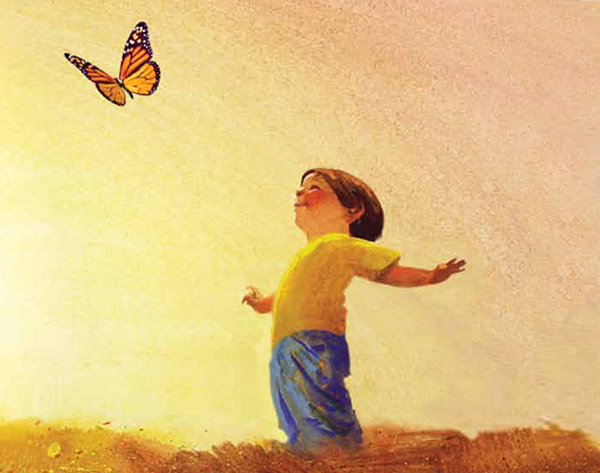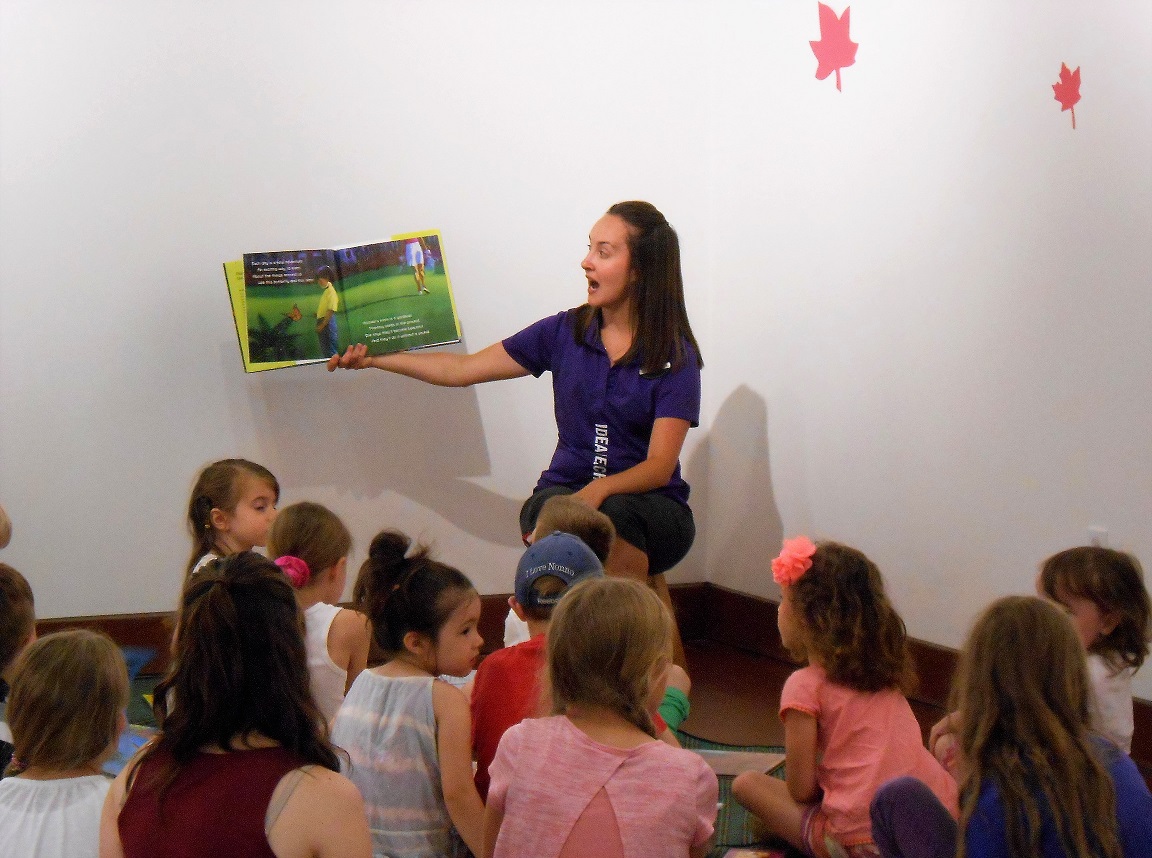We met Alexander Grayson Brandt Stark last Nov. 2018 during Kwantlen Polytechnic University’s (KPU) event at the River Rock Casino. He’s one of the Foundation’s recent 2018-2019 post-secondary bursary recipients. We were captivated by his stories of adventures in Mexico and France, his charm and his humility. Read more about him here.
Alex comes from a small family of five that consists of his mom, dad, older sister and brother-in-law, himself and his sister’s Boston Terrier named Shanti. He’s on his last semester at KPU completing his last few courses in the Sustainable Agriculture program. He’s lived in New Westminster all through his life. He’s also travelled outside of Canada for significant periods of time doing agriculturally related work: in France for a year, Cuba for 7 months, and Mexico for 4 months. He enjoys gardening and learning languages.
We caught up with Alex once more to see how he’s doing…
- What led you to your interest in Sustainable Agriculture (Bachelor of Applied Science) at KPU?
The pursuit of this degree is part of long journey that first began after I graduated from high school. Upon graduating, I sought out a farm mentorship on a 40-acre certified organic vegetable and fruit farm in Cawston, BC, working for the season as an apprentice. I decided that I wanted to continue learning more about agricultural in general, on both a practical and theoretical level.
Shortly after, I lived in the south of France for a year and learned to herd goats and craft cheese. These experiences have brought me knowledge and appreciation for the act of growing food and stewarding the land. I embarked upon this degree to complement the practical skills I have learned, with the study of science.
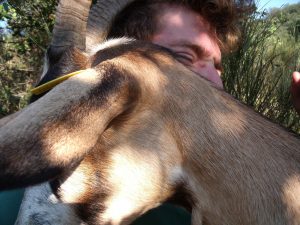 Alex made many friends in his travels including this special goat which seemed to have been enamored by his natural charm. When he left, they had a moment. Parting is such sweet sorrow.
Alex made many friends in his travels including this special goat which seemed to have been enamored by his natural charm. When he left, they had a moment. Parting is such sweet sorrow.
- What made you apply for the Plant a Seed & See What Grows Foundation’s bursary?
I was uncertain that I fit the profile, because I did not have much experience teaching kids gardening and farming. But when I was in Mexico, I did this work indirectly. I taught children and adolescents English in a farming village of rural Mexico. This work was part of fulfilling reciprocity to the community members with whom I was doing ethnographic research.
- Now in your graduating year and looking back in your four years in the program, what was the most memorable experience you had as a student in Sustainable Agriculture?
Being able to work and live in Cuba and Mexico has had a huge impact on my own personal growth. Both experiences challenged me to adapt to the national cultures of each country as well as various microcultures or minority cultures. For example, in Cuba, I had to take what learned in my prior Spanish classes and adjust my ears and speech to Cuban accents and slang, and I inadvertently learned Cuban Sign Language. This allowed me to interact with members of the deaf community. In Mexico, I once again had to re-adjust my hearing and speech to Mexican accents and vernacular, but I also had the challenge, and opportunity, of working with Maya Mexicans, whom are mostly maternal speakers of Maya. I learned Maya to a high enough fluency that I was able to integrate into my work.
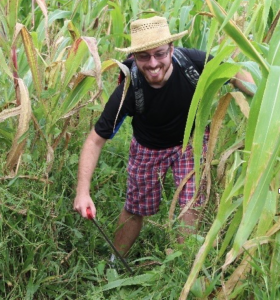 Alex was clearing the isles of the field in Mexico so that another person could harvest some corn.
Alex was clearing the isles of the field in Mexico so that another person could harvest some corn.
- What’s the most impactful piece of information that you have learned as a student in Sustainable Agriculture?
We are all connected and everything we do is connected. This fact is understood in many indigenous philosophies, and in Western science by the theory of quantum mechanics. One can see the evidence of this when considering that today’s climate is result of our predecessors’ actions 100 years ago. The effects of any ecological damage or restoration today will not be fully experienced until several generations later.
- What’s next for you after graduation?
I would like to the enjoy the stability of full-time work in one place, in contrast to the academic cycle and my frequent displacement to other countries. I am considering studying a master’s degree in Indigenous language revitalization, specifically on one of my heritage languages, Michif (language of the Métis peoples). In the long-term, I would like to farm as a business and way of life.
- How will you use your expertise to make a difference in Sustainable Agriculture?
I hope to use my combined language skills, intercultural competencies, and agricultural knowledge to facilitate the inclusion of more voices because we cannot build truly sustainable agriculture and food systems while certain perspectives are ignored, or not held equal with other more privileged perspectives.
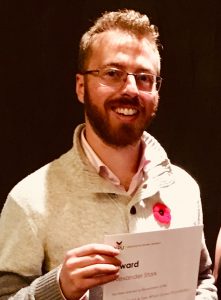 “We are all connected and everything we do is connected. This fact is understood in many indigenous philosophies, and in Western science by the theory of quantum mechanics. One can see the evidence of this when considering that today’s climate is result of our predecessors’ actions 100 years ago. The effects of any ecological damage or restoration today will not be fully experienced until several generations later.” -Alex Stark, Bursary Recipient, KPU Sustainable Agriculture, 2018-2019
“We are all connected and everything we do is connected. This fact is understood in many indigenous philosophies, and in Western science by the theory of quantum mechanics. One can see the evidence of this when considering that today’s climate is result of our predecessors’ actions 100 years ago. The effects of any ecological damage or restoration today will not be fully experienced until several generations later.” -Alex Stark, Bursary Recipient, KPU Sustainable Agriculture, 2018-2019
We’re certain that Alex will continue to use his expertise in sustainable agriculture and language skills to strengthen his community’s connection to nature. We wish him all the best in his endeavors that unite and inspire us all.
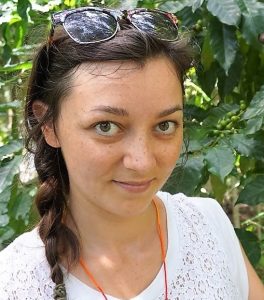 Jessica Hill, another KPU Sustainable Agriculture graduate, was another bursary recipient of the Foundation. Read her story here.
Jessica Hill, another KPU Sustainable Agriculture graduate, was another bursary recipient of the Foundation. Read her story here.
======================================================================================================
If this story gives you hope for the future of sustainable and organic agriculture, please sign up to be a Friend of the Foundation here ou en Française ici. Please don’t forget to donate generously to the Plant a Seed & See What Grows Foundation, so that we can help support more deserving students such as Alex, Jessica and Carla.
